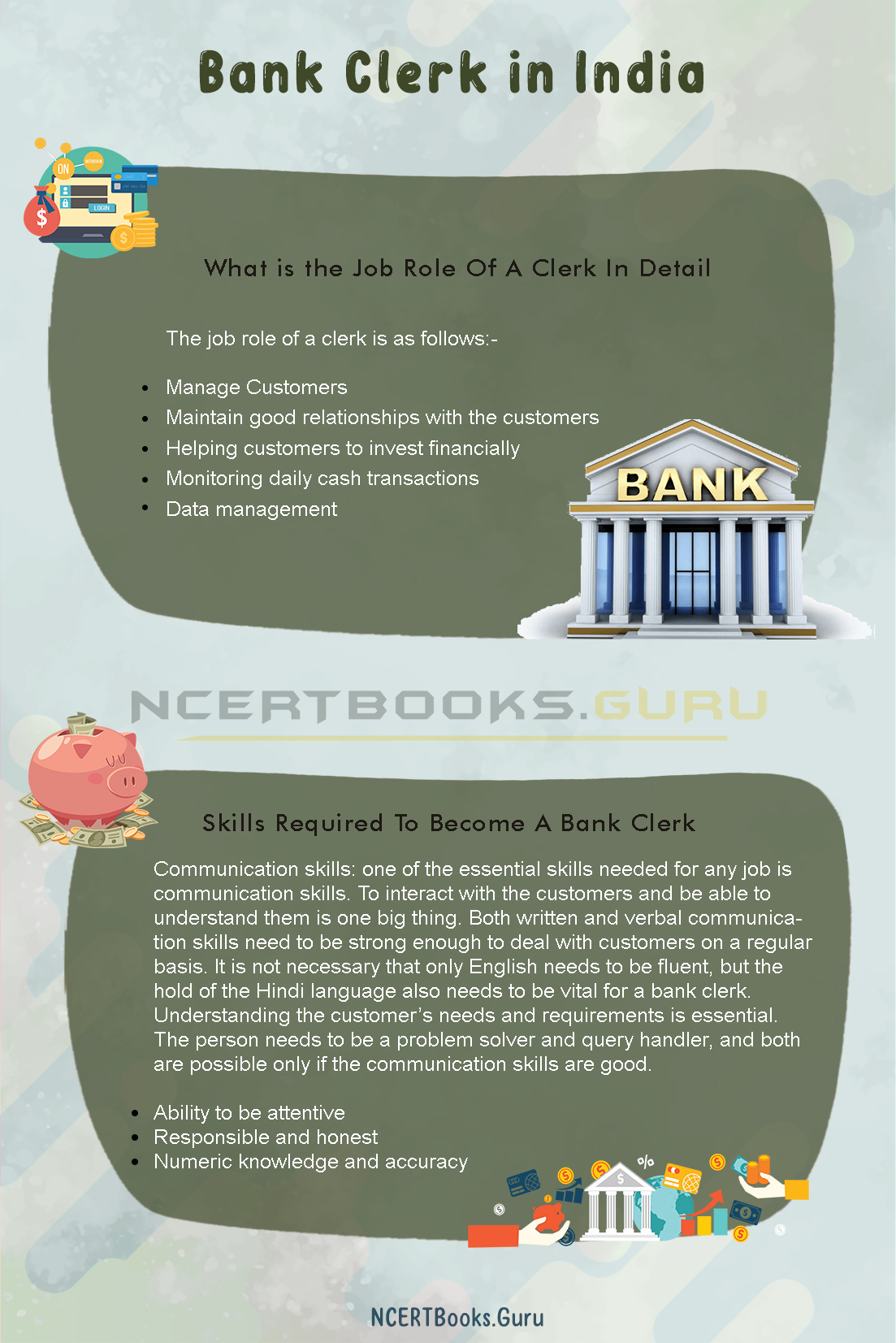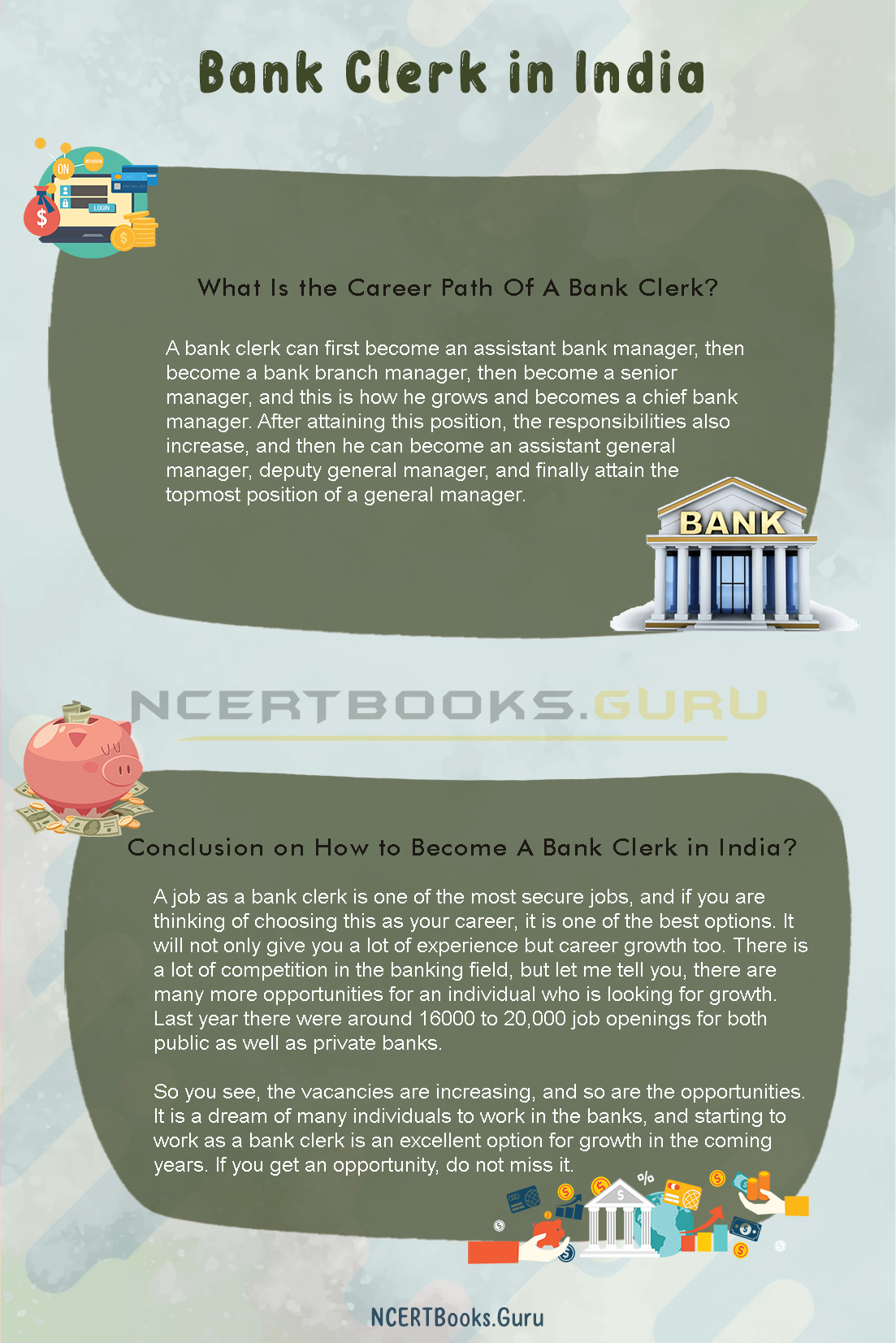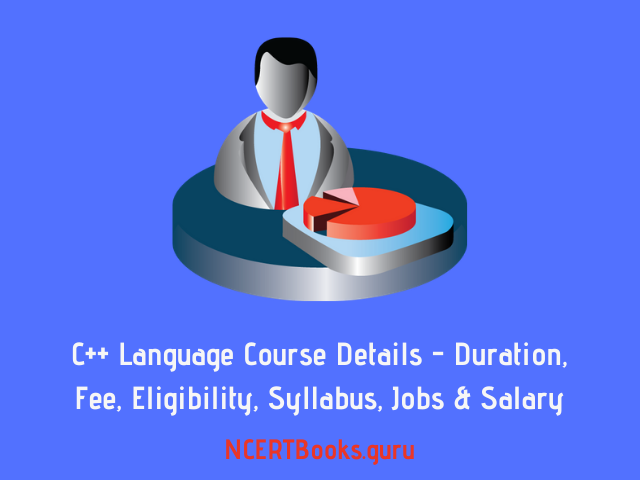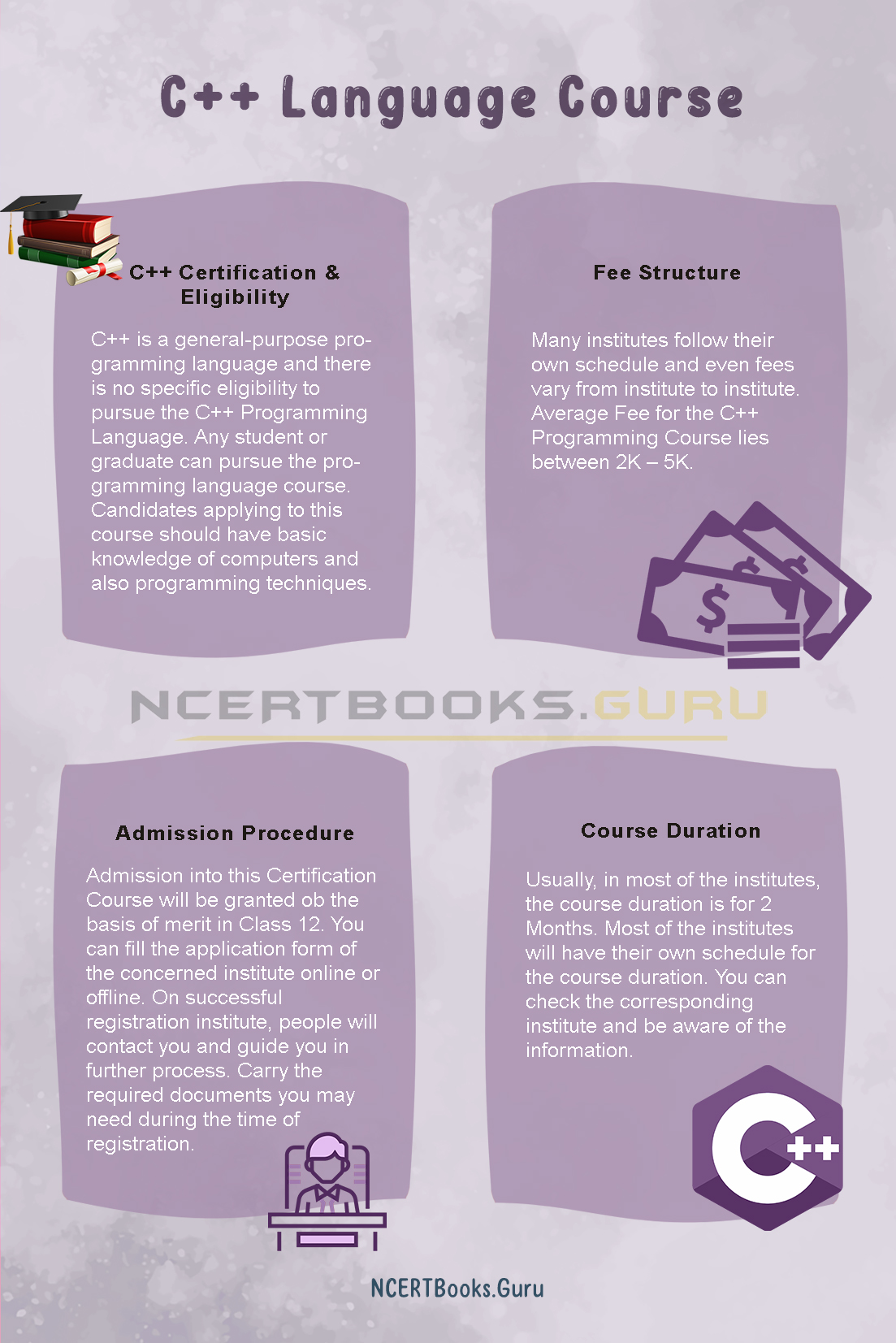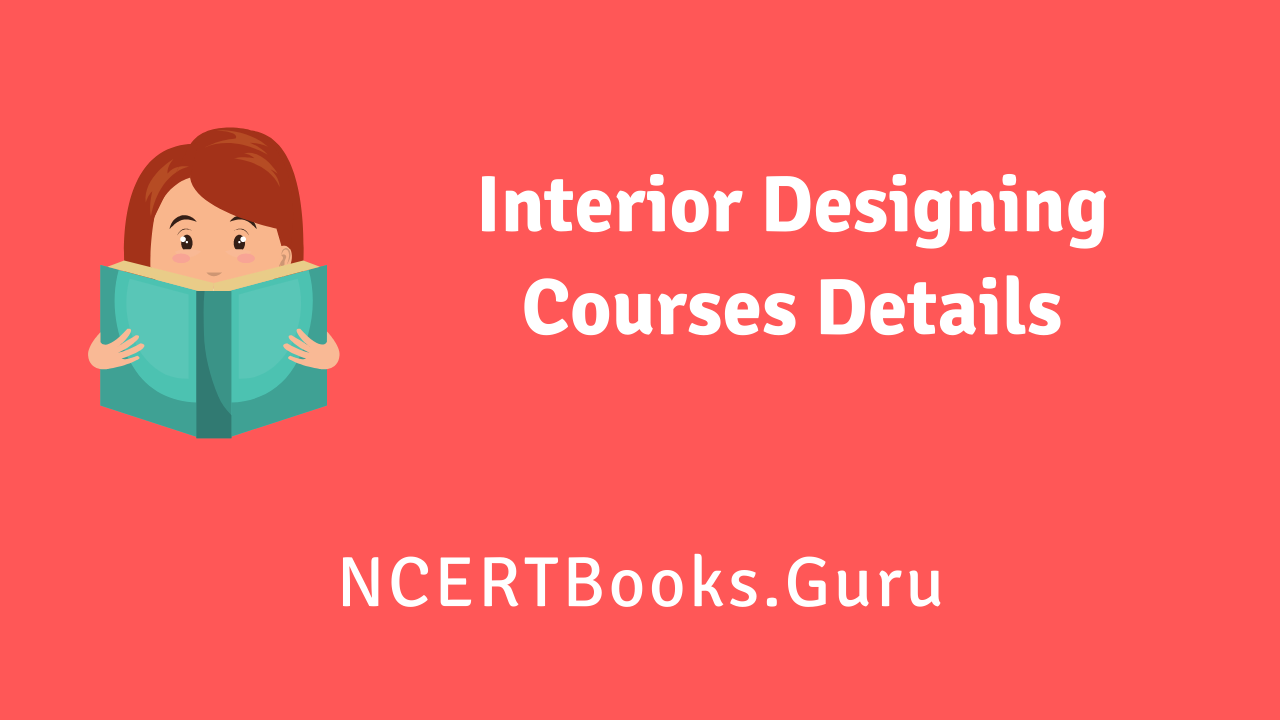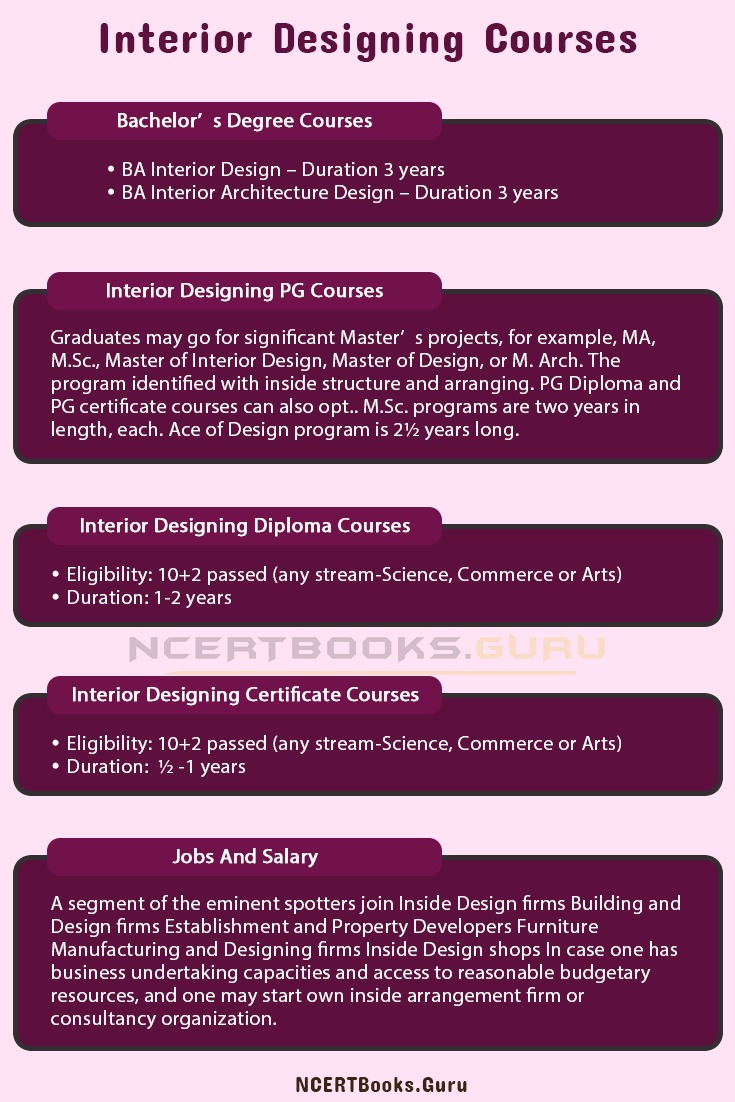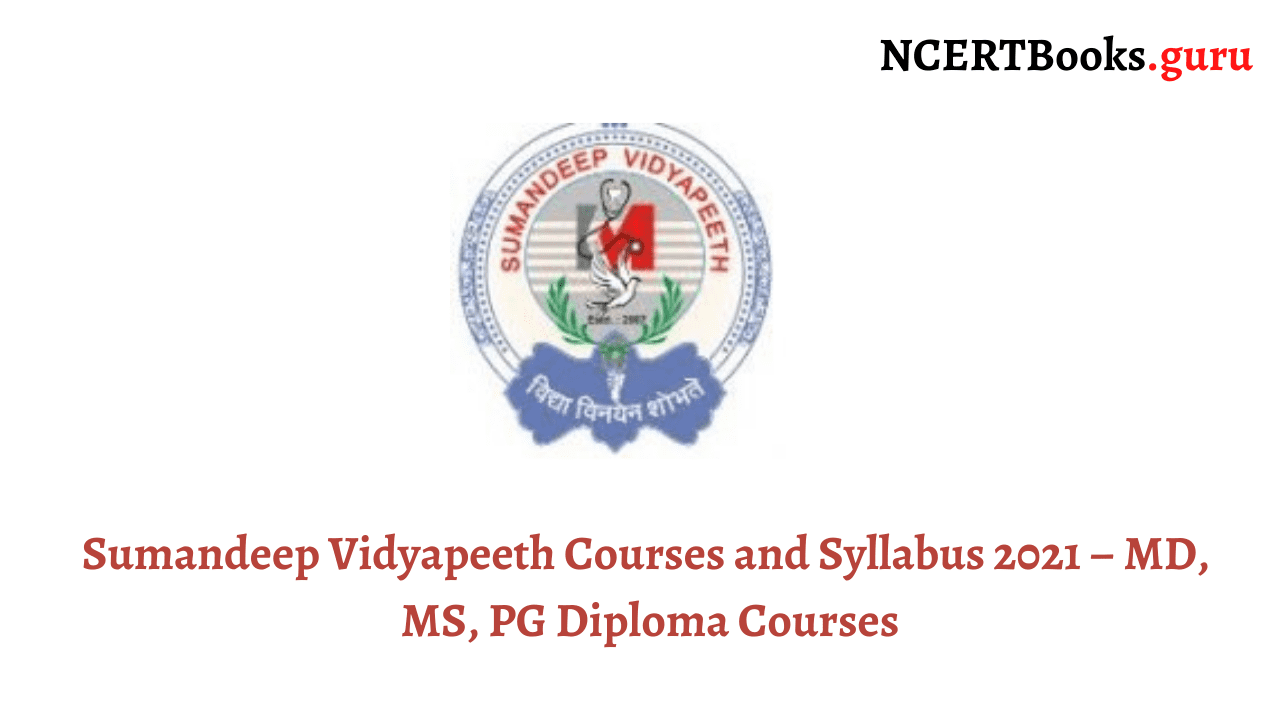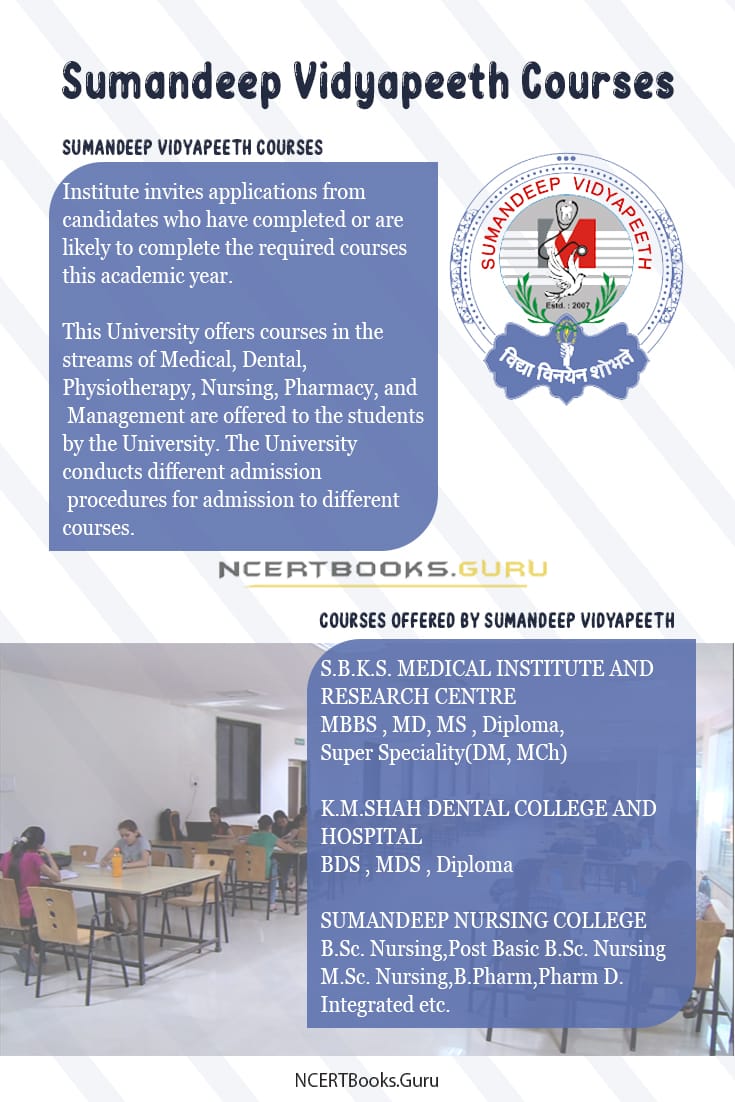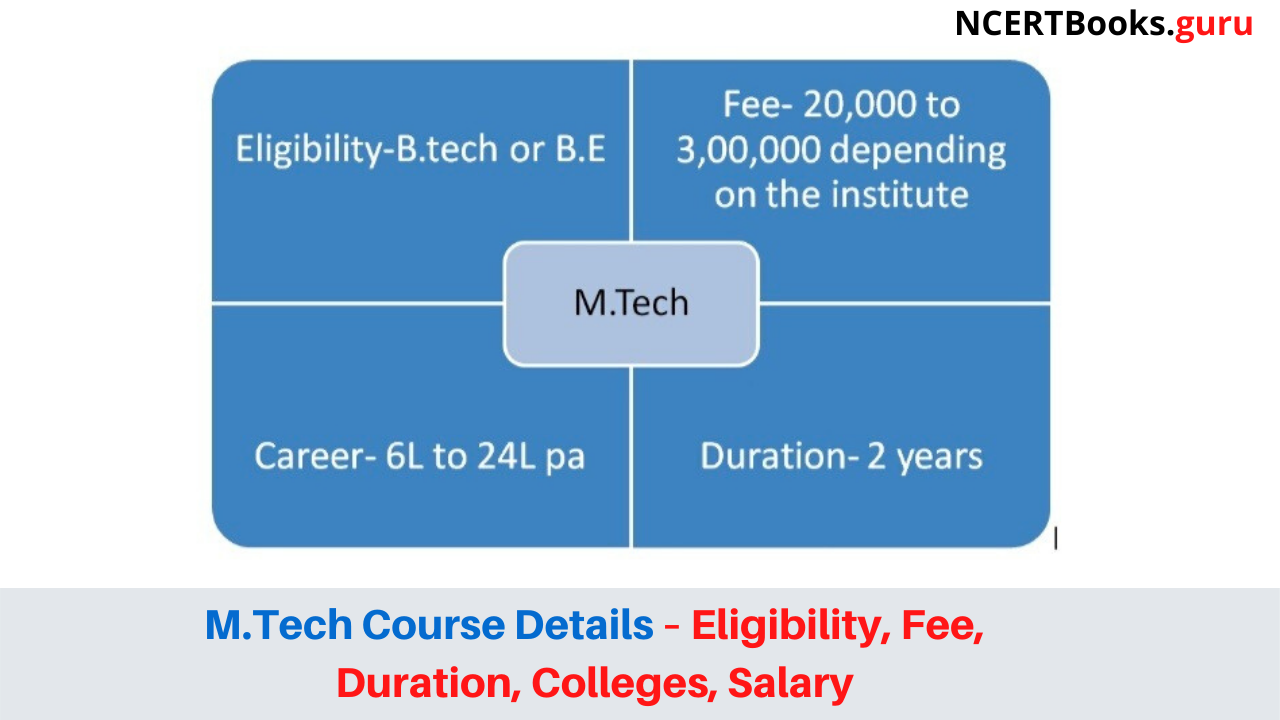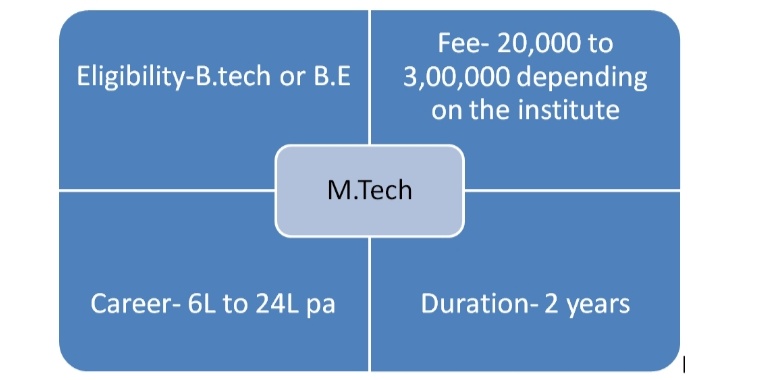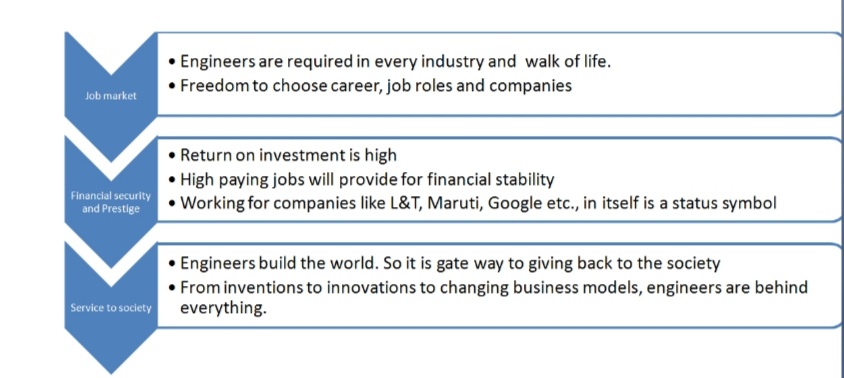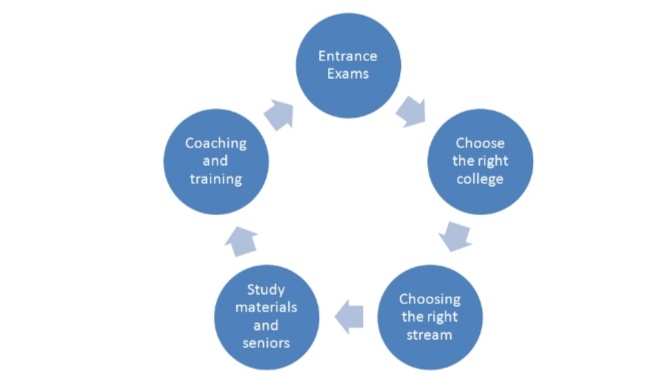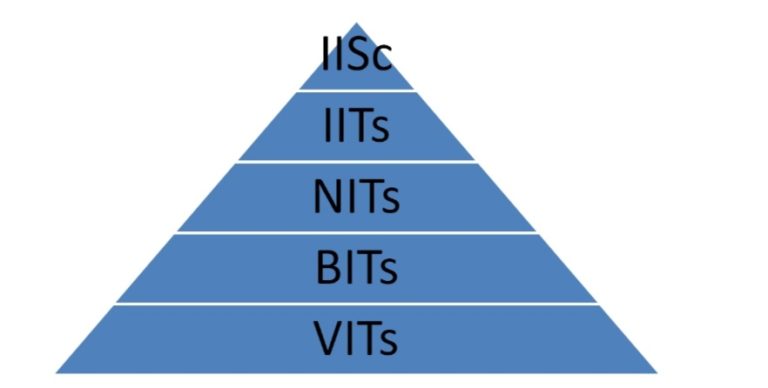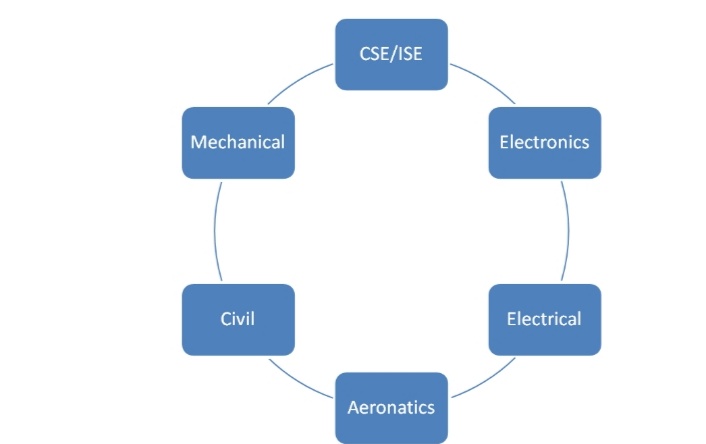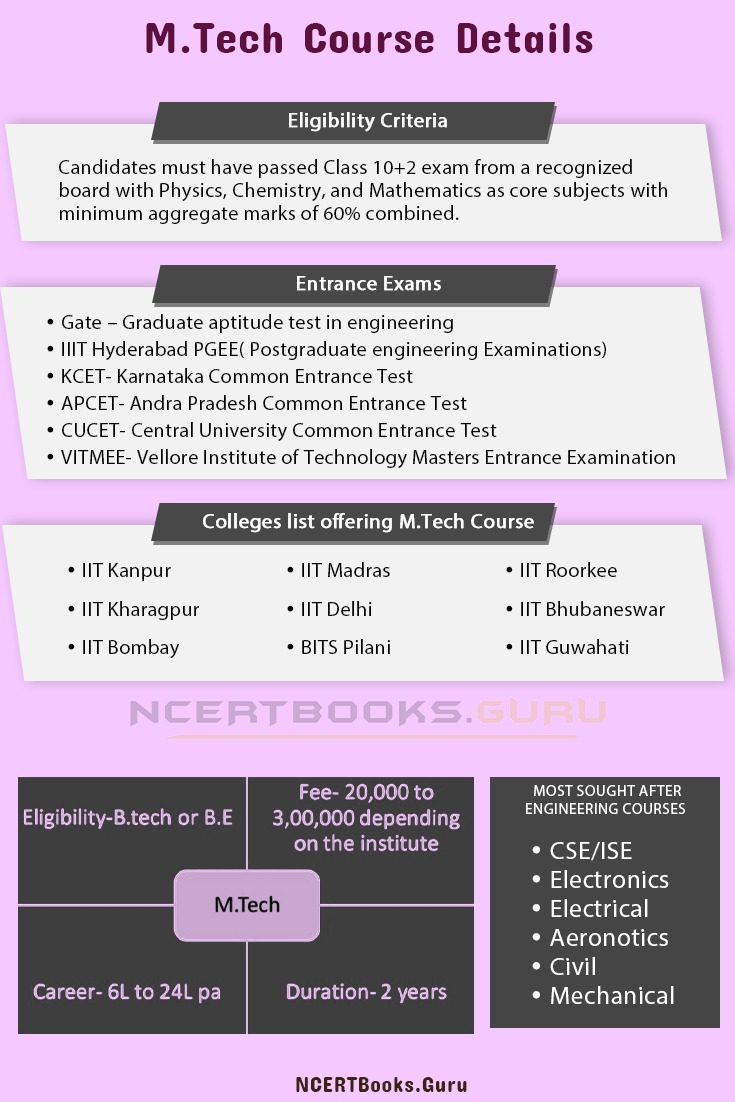Journalism Courses Online: In basic terms, journalism associates with gathering and circling/spreading data to a particular or general crowd. This spreading of data should be possible through two fundamental mediums-Print Media and Electronic Media.
Papers, magazines, and fliers are notable types of print media. TV, radio, and web substances (news gateways, online journals, and e-magazines) are unusual types of electronic media.
The field of journalism is an immense one. Various vocation openings exist in this field. Whatever activity profiles accessible inside the area of journalism are-experts, reporters, editors, essayists, news moderators, analytical writers, picture takers, and so on.
We see columnists in real life every day, bringing news, data, most recent occasions, and assessments having a place with the neighborhood, national and worldwide levels to us through print and electronic media. The errand of a columnist is to discover the data from the source, alter it, report it, and relate it to a group of people.
- Journalism Courses In India
- Journalism Courses Eligibility Criteria
- Journalism Courses Admission Process
- Journalism Courses (PG Courses And Specializations)
- Journalism Course Fees
- Prospects And Job Opportunities Under Journalism Courses
- Journalism Syllabus
- What abilities are required for journalism?
- What exactly degree is the journalism course?
- Is journalism a good work in India?
- What are the qualifications required to become a Journalist?
Skills Required To Excel In The Field Of Journalism
The field of journalism won’t suit the whole gang. If you have the beneath referenced characteristics as well as abilities, you may become wildly successful in the field of journalism. Experience the features and skills recorded underneath and check whether you are equipped for building a compensating vocation in this field
- Great composition, altering and research aptitudes
- Magnificent relational abilities
- Enthusiasm for governmental issues and social equity
- Trustworthiness and honesty
- Initiative and group working aptitudes
- Meeting aptitudes
- Time the executives’ aptitudes
- Communicating thoughts and conclusion
- PC abilities
- Will to travel a ton.
- Will to face challenges
In the event that you have the greater part of the previously mentioned characteristics and additionally abilities, you are prepared to bounce into the universe of journalism! Journalism is one such profession that can be accustomed to get a change in the general public and impact the lives of individuals.
Journalism Courses In India
There are three primary arrangements of Best journalism courses accessible in India. They are-Degree programs, Diploma projects, and Certificate programs. With regards to esteem and handiness, Degree and Diploma courses are the best ones. I’ll be posting just Degree and Diploma programs here.
- Diploma in Journalism Course: 2 years in length
- BA in Journalism: 3 years in length college degree program
- BA in Journalism and Mass Communication Course: 3 years in length college degree program
- Bachelors of Journalism: 3 years in length college degree program
- Bachelors of the man of Mass Media and Journalism: 3 years in length college degree program
- Bachelors of the man of Communication and Journalism: 3 years in length college degree program
- B.Sc. in Journalism and Mass Communication: 3 years in length undergrad science certificate program
- BA in Media and Communication Course: 3 years in length college degree program
- BA in Media Studies: 3 years in length college degree program
- BA in Mass Communication: 3 years in length college degree program
- Bachelors of Mass Media: 3 years in length college degree program
Journalism Courses Eligibility Criteria
10+2 passed (any stream-Science/Commerce/Arts) from a perceived board is the base capability required to seek after the previously mentioned journalism courses in India. A few establishments do have a base imprints measures (at any rate half total stamps in 10+2 subjects) present in eligibility standards.
Journalism Courses Admission Process
Most organizations follow a ‘direct affirmation’ process. Seats are designated to qualified applicants dependent on the imprints scored by them inboard assessment (and sometimes state quick passage tests as well). If there should be an occurrence of some rumored foundations, they have their passage test/qualifying assessment for screening applicants.
Journalism Courses (PG Courses And Specializations)
Seeking after a postgraduate level course certainly adds more aptitudes to an alumni’s range of abilities. It makes him/her increasingly employable. A similar hypothesis is pertinent in the field of journalism. Seeking after a PG course will likewise assist one with gaining practical experience in a specific control inside the field of journalism.
Regular PG courses accessible before graduates are
- Masters in Journalism and Mass Communication
- M.Sc. in Journalism and Mass Communication
- Masters in Broadcast Journalism
- Masters in Advertising and Journalism
- Masters in Public Relations
- Masters in Photojournalism
- Masters in Mass Communication
- Masters of Mass Media
- Masters of Journalism
Other than them, PG Diploma courses are likewise accessible. Some notable specializations are-
- Sports Journalism
- Insightful Journalism
- Design Journalism
- Photograph Journalism
- Business and Financial Journalism
- Article Writing
- Mixed media Journalism
- Print Journalism
- Communicate Journalism
Other than the customary PG journalism courses, graduates may likewise go for the board courses. MBA is the best course accessible right now. Relevant MBA specializations, such as Media Management, Advertising, and Mass Communication, will add to the estimation of an alumni’s CV! Likewise check – a rundown of science stream courses, rundown of trade stream courses, and rundown of expressions stream courses.
Journalism Course Fees
| Level of Degree | Annual Course Fee Range |
| Undergraduate Journalism Courses | ₹19,000 – ₹3,00,000 |
| Postgraduate Journalism Courses | ₹15,000 – ₹2,80,000 |
Journalism Syllabus
Popular Subjects
| Language 1 (Native) | English | Introduction to Mass Communication |
| Fundamentals of Journalism | Media Laws & Indian Constitution | Reporting Methods |
| Editing Techniques | Media Management | Advertising & Public Relations |
| Basic Audio-Visual Media | Radio Broadcasting | History of Journalism |
| Media, Society & Development | Environment & Media | Media Criticism |
| Internet & New Media | Magazine Journalism | TV Broadcasting |
Prospects And Job Opportunities Under Journalism Courses
As I referenced previously, the field of journalism is tremendous. Different openings for work exist in this field. Unique opportunities for employment and profiles exist as correspondents, editors, investigators, makers, picture takers, and others. To a degree, the activity profile that one sack relies on one’s specialization and aptitudes!
The interest for fair-minded and right news is expanding every day. Print media is as yet doing fine, despite the flood of electronic media in the ongoing years. Electronic media has seen a full ascent in utilization in the previous barely any years. Particularly the web news sources have begun to command the market!
It protects to state that writers are still sought after and will probably remain so sooner rather than later moreover! A portion of the regular employment profiles accessible before journalism graduates are
Print Media Work Profiles
- Columnist
- Correspondent
- Specialized essayist/author
- Promoting authority
- News Reporter
- Independent Correspondent
- Editorial manager
- Partner Editor
- Investigator
- Picture taker
- News Anchor
Electronic Media work profiles
- Television Producer
- Picture taker
- Magazine Editor (E-Magazines)
- Storyteller
- NEWS Director
- News analyst
- Grapple
- Correspondent
- Creation Assistant
- Radio/Television Announcer
- Station Manager (Radio and TV)
Some notable spots where graduates may get a new line of work incorporates.
- Papers
- Magazines
- Web distributing houses
- Television/Radio stations and creation houses
- NGOs
- Corporate Sector (PR)
Also, Check:
FAQ’S On Journalism Courses
Question 1.
What abilities are required for journalism?
Answer:
To transform into an author, you’ll need a four-year affirmation in either journalism or correspondences. While completing your degree, you can choose to speak to a significant expert in either print or correspondence journalism.
Question 2.
What exactly degree is the journalism course?
Answer:
A solitary officer’s level, journalism degrees, for the most part, prop up for three or four years depending upon the country, while an advanced education continues for two or three years. A couple of universities offer courses with, to a more remarkable degree, a theoretical approach, while others are uncommonly proficient and practical.
Question 3.
Is journalism a good work in India?
Answer:
Before long in India, journalism has become a theatrical job choice for individual understudies. The present-day writers do specializations of unequivocal fields like record, guidance, law, development, administrative issues, sports, and science to get sublime in their calling.
Question 4.
What are the qualifications required to become a Journalist?
Answer:
To become a journalist, one requires a bachelor’s degree or a post-graduate degree in Journalism and Mass communication.


